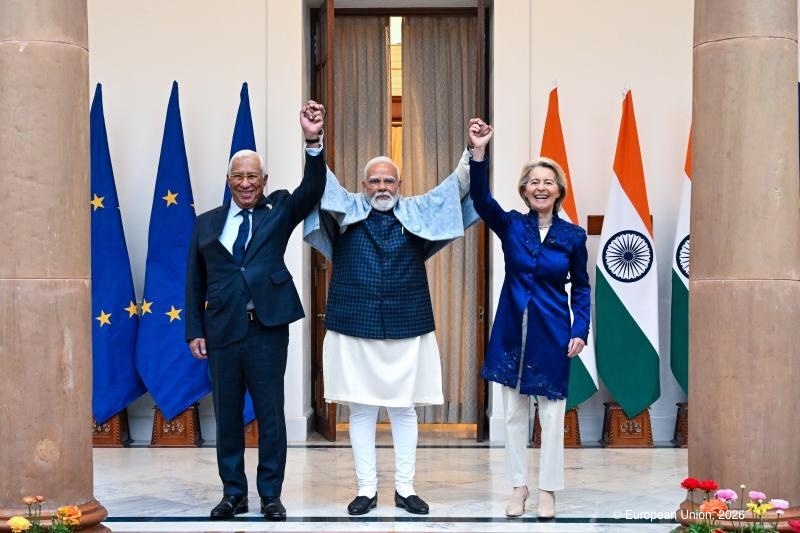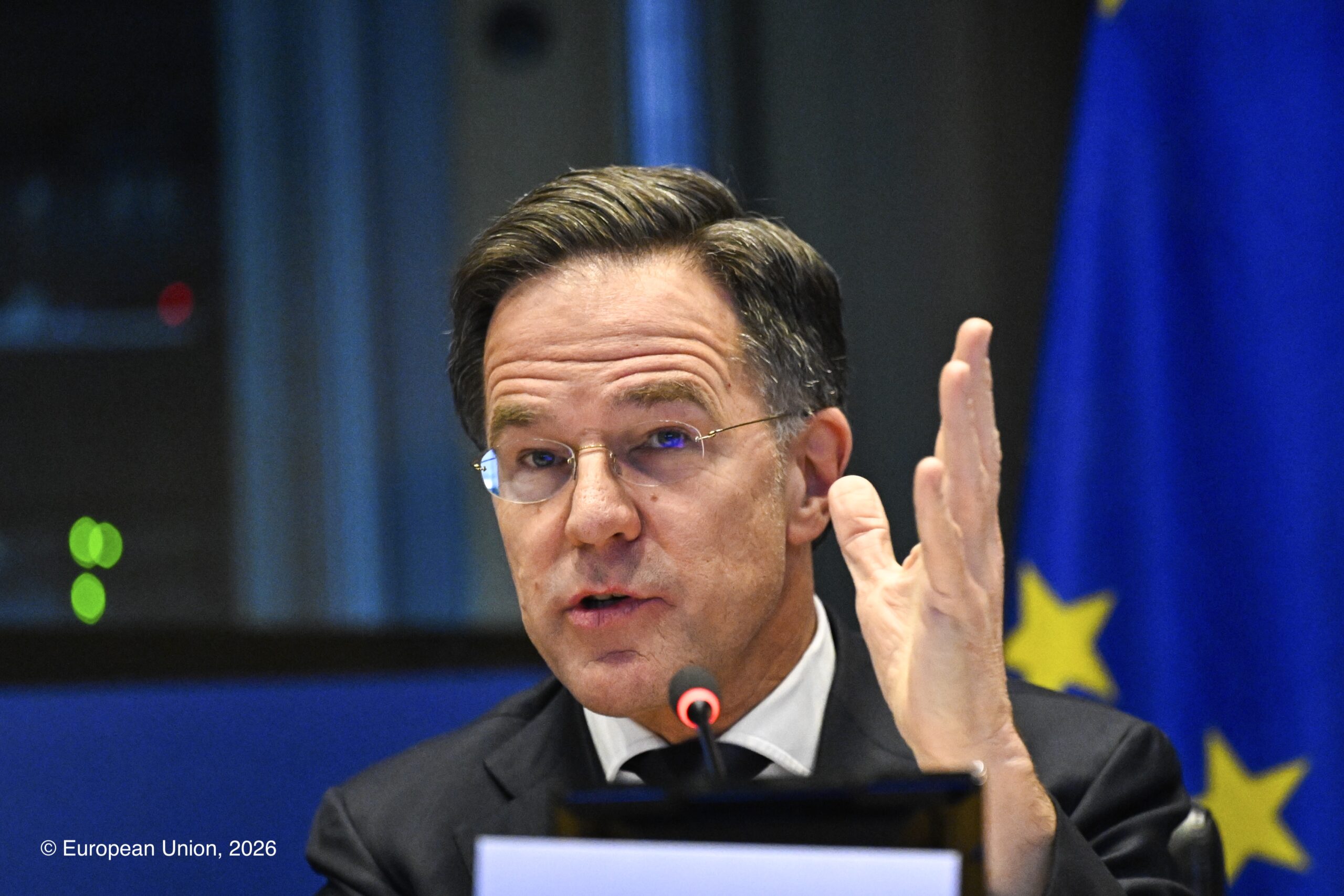Following the passage of the Finance Bill earlier this week, Taoiseach Simon Harris announced his intention to dissolve the Dáil on Wednesday ahead of a general election on 29 November. When speaking on his rationale for this process, the Taoiseach outlined that it was important to unveil an election date in a fashion “that was respectful to the budgetary process” and ensure the coalition Government “could come to an amicable end.” This election date came as little surprise to anyone in political circles, given that last month, Leader of the Green Party Green Roderic O’Gorman became the first coalition leader to publicly state a preference for an election date of 29 November.
There has been sustained pressure on the Taoiseach to call an early election, given the sharp rise in popularity of Fine Gael in political polls, culminating in becoming the most popular party in the country. Despite this, the most recent opinion poll for the Sunday Independent/Ireland Thinks illustrated how the gap in public support between Fine Gael and Fianna Fáil is tightening with the former at 23 per cent and latter at 20 per cent.
What makes this particular poll unique is that it asked respondents to select a first-preference candidate from among the candidates in their own constituency after being shown a list of the already declared and expected runners. This polling approach is likely more reflective of the actual feeling on the ground in constituencies, where factors such as geography, incumbency and a candidate’s personal brand often play a bigger role than party preference.
Given current polling, it is not out of the realm of possibility that Fine Gael and Fianna Fáil may return a sufficient number of combined seats to deliver a mandate for the next coalition without the need for a third party. At present, it is possible that if both parties fall short of having the seats to form a government, a select grouping of Independents (16 per cent overall) or potentially the Labour Party (4 per cent), may finalise the next coalition.
As for Sinn Féin (18 per cent), the party has endured a tumultuous period of sustained decline in popularity following its disappointing performance in June’s local and European elections and recent high-profile scandals and resignations. Overall, the party finds itself in a difficult position but will continue to target the policy areas of housing and health, which worked to unprecedented effect in 2020.
It is noteworthy to consider that these issues still hold huge importance to the electorate, with housing being the most important and Sinn Féin still retains a strong core voter base. Overall, it promises to be an intense three weeks of campaigning and political debates and an unexpected result similar to what was seen in 2020 should not be dismissed.

